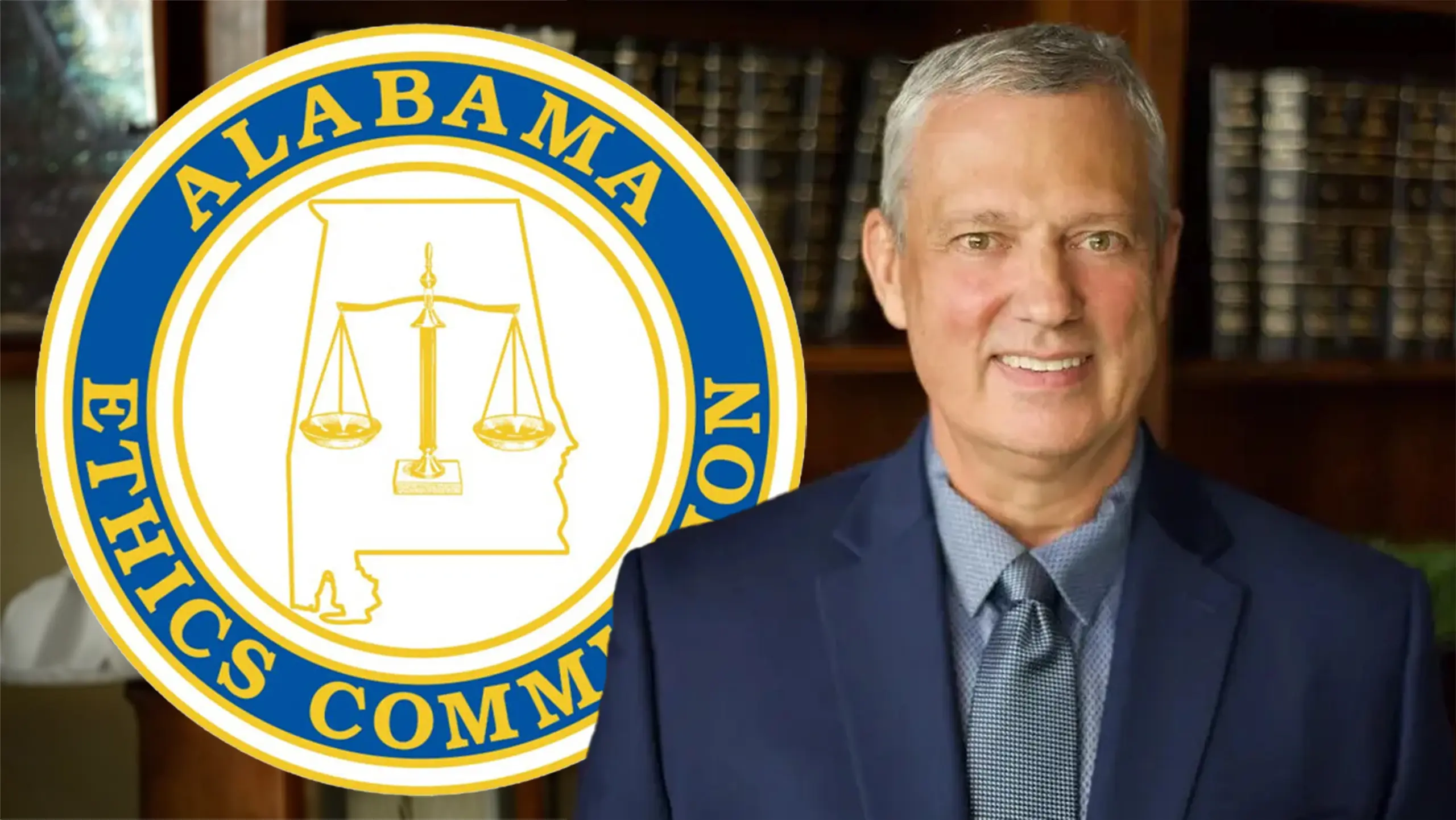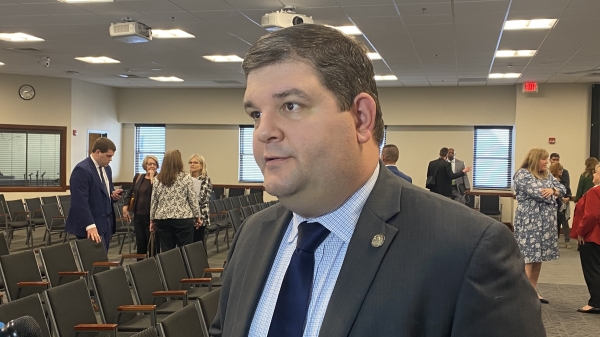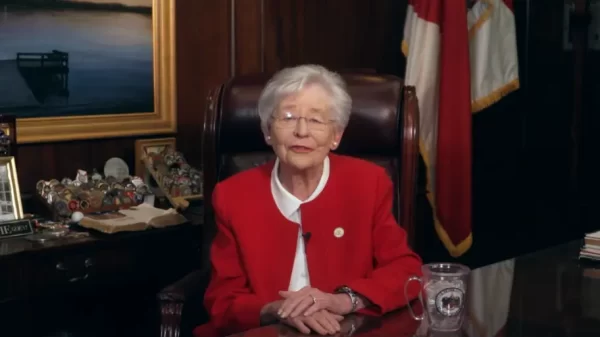|
Getting your Trinity Audio player ready...
|
In a dramatic twist within Alabama’s political landscape, Ethics Commissioner Stan McDonald has tendered his resignation, marking a significant turn of events following his recent contentious interactions with State Rep. Matt Simpson over proposed alterations to the state’s ethics legislation.
McDonald, a staunch advocate and promoter for political figures like Sen. Tommy Tuberville and Rep. Mo Brooks, found himself in hot water after a revealing radio interview where he inadvertently admitted to making political donations post his appointment as an ethics commissioner in 2019—a clear violation of Alabama’s stringent ethics laws which forbid such actions from commission members.
The controversy unfolded further when McDonald, in an attempt to criticize the proposed ethics law overhaul, inadvertently disclosed his donations during a debate with Rep. Simpson. This admission not only put McDonald under scrutiny but also served as ammunition for Simpson to underscore the necessity for his proposed legislative changes, arguing the complexity of current laws that even members of the Ethics Commission struggle to comprehend.
Despite the legal breach being relatively straightforward—the prohibition of any partisan political activity by commission members—McDonald embarked on a series of public apologies and interviews, acknowledging his error and expressing regret for his previous confrontational stance against Simpson and others.
McDonald’s resignation comes at a time when the Alabama House of Representatives has passed a significant bill aiming to revamp the state’s ethics framework, a move that has sparked a fierce debate over the extent and nature of the proposed changes. This legislation, if enacted, will reshape the operational dynamics of the state ethics commission and redefine the boundaries of permissible conduct for its members.
In his parting words, McDonald reflected on his actions, underscoring the importance of owning up to mistakes and committing to better decisions in the future. His departure not only signals a personal acknowledgment of missteps but also serves as a poignant reminder of the rigorous ethical standards expected of public officials in Alabama, a state currently at a crossroads in defining the contours of its political and ethical landscape.






















































